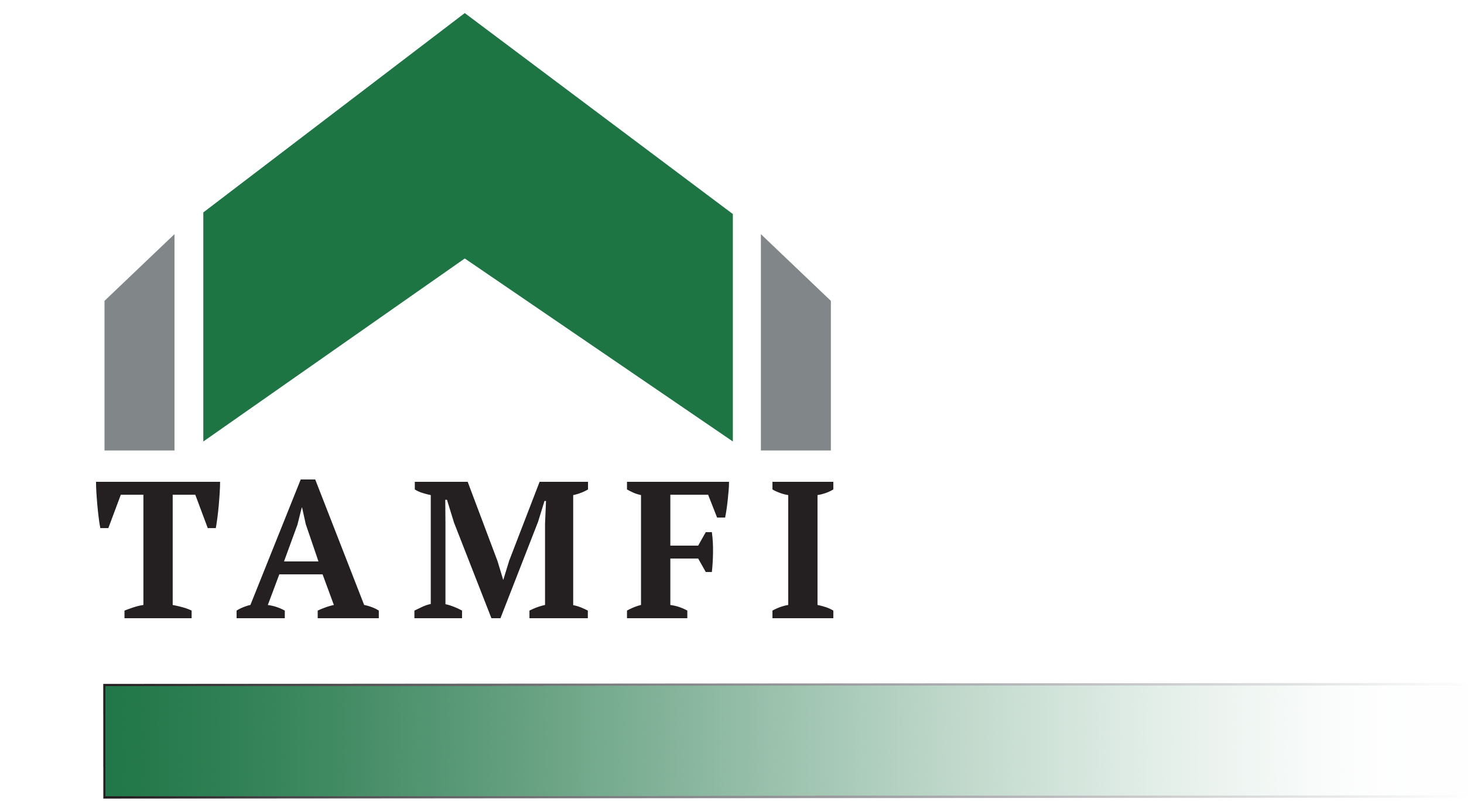As we bid farewell to 2023, the TAMFI family takes pride in reflecting on the impactful journey of the Water Supply and Sanitation (WSS) Project under the WaterCredit Adoption (WCAD) Program. This initiative, born out of a vision to bring safe water and sanitation facilities to underserved communities, continues to work towards achieving its project goals, thanks to the concerted efforts of our team and the early adopters – MFIs that have championed this program and provided evidence for success and scalability that other MFIs and stakeholders can not only learn from, but also be part of in the next phases.
Project Goals:
The Water Supply and Sanitation Project was conceived with four core goals:
1. Capacity Building: Empower 15 Microfinance Institutions with sustainable skills to address water and sanitation needs.
2. Community Access: Provide safe water and sanitation access to 76,890 people through affordable loan products.
3. Capital Mobilization: Tracking of how much financing (TZS 5B) is going into water supply and sanitation through financial institutions.
4. Partnerships: Foster collaborations and initiatives promoting water and sanitation programs.
Project Objectives:
The objective of this program is to help communities served by Microfinance Institutions access safe water and sanitation facilities. This is achieved through credit facilities supporting various initiatives, including:
• Accessing water tanks and storage facilities
• Drilling new borehole wells
• Repairing and improving existing borehole wells
• Developing springs and rainwater harvesting systems
• Building community filtrations and constructing household latrines
• Managing refuse dumps and surface water drainage systems
• Providing water connections for households
• Connecting sewerage services and constructing household septic tanks
Key Activities and Milestones:
Capacity Building: One of TAMFI’s pillars is to strengthen the capacity of MFIs in delivering sustainable water and sanitation products. Significant milestones were achieved through workshops, trainings, and technical assistance, including:
1. Enhanced Capacity: TAMFI evaluated options, identified growth opportunities, worked with communities to create demand, and facilitated quick decision-making by MFI officers.
2. Sustainable Interventions: Support for marketing plans ensured more sustainable interventions by MFIs.
3. Increased Outreach: With enhanced capacity and marketing support, MFIs expanded services to hard-to-reach areas, introducing appropriate technologies and approaches.
Challenges Faced and Overcome:
Despite our successes, challenges were encountered and overcome with resilience:
• Slow Buy-in: Early project adoption faced resistance; but persistent efforts led to increased support.
• Priority Issues: Some institutions initially did not prioritize the project; advocacy efforts elevated its importance.
• Participation Challenges: Online meeting engagement was a hurdle; addressed through targeted communication strategies.
• Capital Constraints: Adequate capital for sustainable Water Supply and Sanitation loans required strategic financial planning; an ongoing focus for the upcoming year.
Impact and Results:
The true measure of a project’s success lies in its impact, and we are proud to report significant positive outcomes. The Water Supply and Sanitation Project has left an indelible mark on the communities it serves. As of November 2023, the project’s impact can be quantified through the following key metrics:
• Number of Loans: A remarkable 1,034 loans have been disbursed, facilitating crucial water and sanitation initiatives.
• Number of Beneficiaries: A total of 11,531 individuals have directly benefited from the project, experiencing improved access to clean water and sanitation facilities.
• Capital Mobilized (TZS): The financial commitment to these initiatives has been substantial, with a capital mobilization of TZS 4,021,788,500. This significant sum reflects the dedication of 19 Microfinance Institutions and partners to make a lasting difference.
These numbers encapsulate not just the scale of the project, but more importantly, the tangible positive changes unfolding within communities. These tangible changes underscore the meaningful difference WSS has made in the Tanzanian households that have accessed the loans.
Acknowledging Achievements:
As we celebrate these achievements, it is essential to recognize the collective effort of Financial Institutions, supporting partners – Water.org, stakeholders, and most importantly, the communities themselves. The success of the Water Supply and Sanitation Project this far is a testament to what can be accomplished when diverse stakeholders come together for a shared vision.
Stories of Impact:
Beyond the numbers, the true impact of the project lies in the stories of transformed lives. Whether it’s a family gaining access to clean water for the first time or a community enjoying improved water and sanitation facilities, these stories weave a narrative of positive change. To date stories of impact have been gathered from a number of regions including Dar es Salaam, Pwani, Unguja, Morogoro, Sumbawanga, Kilimanjaro, Arusha, Mara and Mwanza.
Looking Forward:
As we look to the future, the Water Supply and Sanitation Project is poised for even greater impact. Our commitment to building resilient communities through improved water and sanitation facilities remains steadfast. In 2024, we aim to:
• Expand Reach: Extend project reach to new communities.
• Enhance Partnerships: Strengthen collaborations with like-minded organizations.
• Innovate Solutions: Introduce innovative solutions for sustainable water and sanitation initiatives.
The year 2023 has been a testament to the power of collaboration and dedication. As we celebrate our achievements, we renew our commitment to making clean water and sanitation a reality for every community we touch.
Thank you for being part of our journey towards a healthier, fulfilled and more sustainable future.

